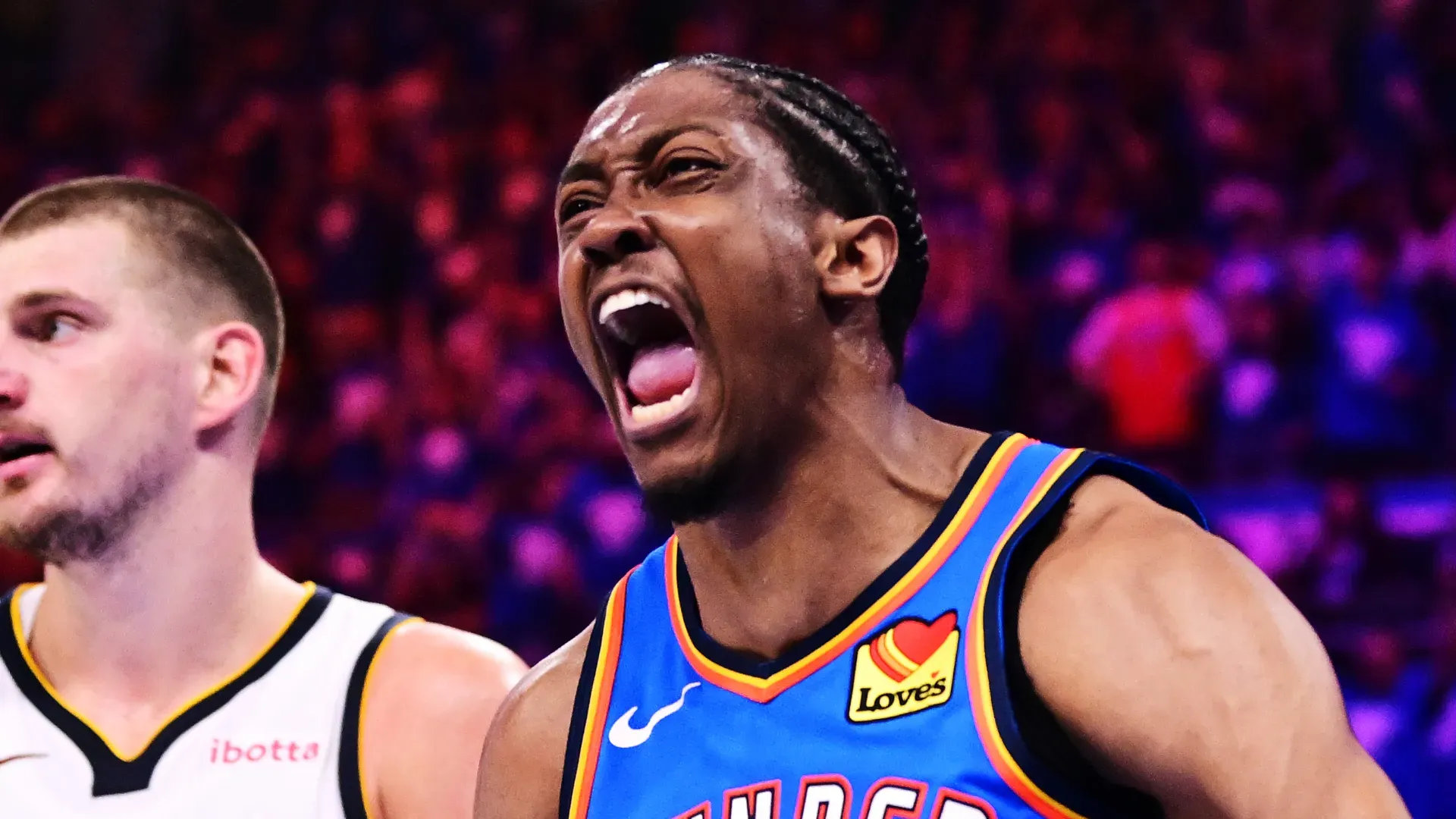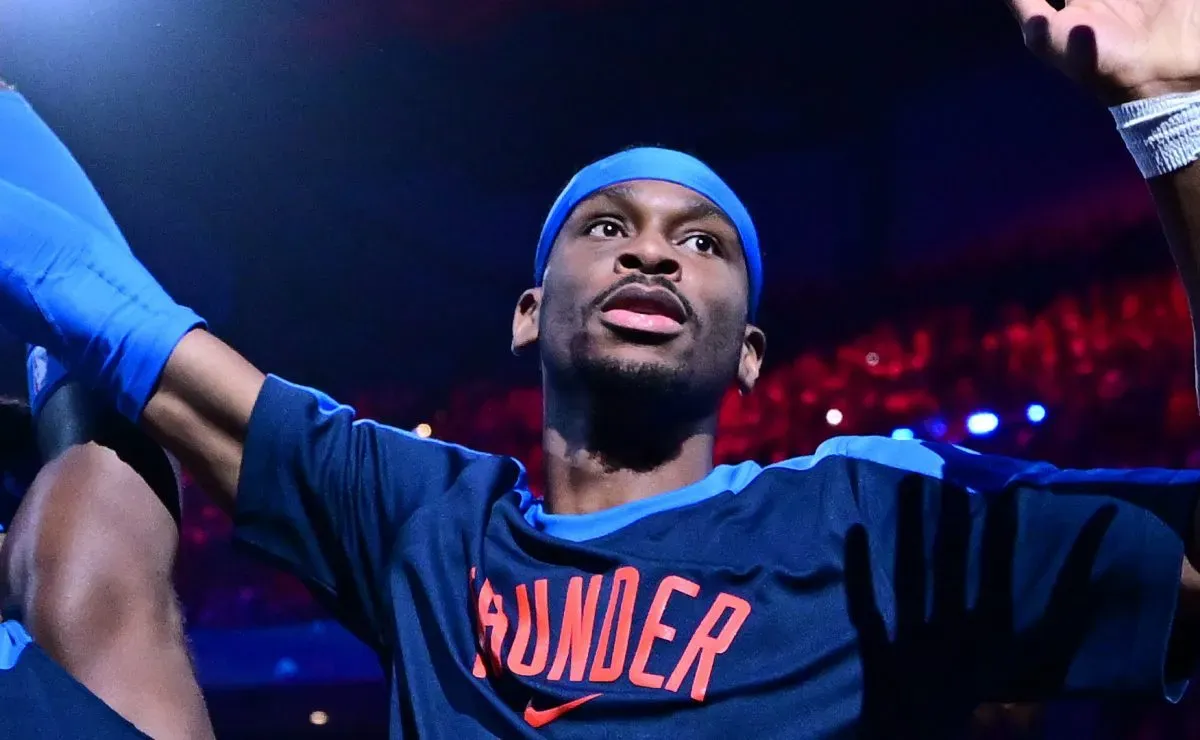One of the biggest disappointments for this NBA generation has been the decline of the All-Star Game. Once a premier showcase, the event has lost its competitive edge and is now viewed more as a lighthearted exhibition. Even Oklahoma City Thunder star Shai Gilgeous-Alexander, last season’s league MVP, has watched the weekend lose its meaning.
Thunder swingman Jalen Williams, one of the league’s rising stars and a first-time All-Star last season, has already voiced his concerns. Speaking on how the league could restore the event’s credibility, Williams laid out what he sees as a simple solution.
Williams, who earned his first All-Star selection last year, believes the problem comes down to incentives and structure. “I think it’s an easy fix,” Williams said on the Out the Mud podcast. “With everything, it’s just like, incentivize playing hard and maybe make the game shorter, and just play. I barely played in it because of the format. We only get a couple of quarters to play, and that’s it. I felt like I really wasn’t out there.”
In fact, Thunder star only logged eight minutes despite being a starter for Team Kenny. He went 1-of-3 from the field and scored just two points in a nine-point loss to Team Chuck. The NBA’s most recent attempt to change the format fell flat, and Williams made it clear that the real issue is with the players’ approach.

Jalen Williams #8 of the Oklahoma City Thunder.
“I think we’re trying to do a little too much with it,” Williams added. “I think we’re trying to make it entertaining when it’s really just up to us to play a little harder. That’s what people want to see. I’m down to do it. People don’t really want to watch the sideline stuff; they want to watch the LeBrons and Stephs go at each other.”
see also
Michael Jordan’s former teammate compares Cowboys’ Jerry Jones situation with Nico Harrison in the Mavs
The All-Star Game problem
It’s no secret that All-Star Weekend has steadily lost both quality and viewership over the years. In past decades — from the 80s through the early 2000s — the weekend was one of the most anticipated stretches of the NBA calendar. Legends like Michael Jordan, Kobe Bryant, and Allen Iverson made it a point to compete and showcase their talent when the spotlight was brightest.
On All-Star Sunday, even if players didn’t go all out, there was still a sense of competitiveness that gave fans memorable moments. In the modern era, however, the effort level has noticeably dropped. The lack of intensity from today’s All-Stars has stripped away much of the event’s prestige.
The dunk contest and three-point shootout, once highlights of the weekend, have also declined. With fewer star participants and less enthusiasm, fans are left wanting more. The situation has reached the point where some players don’t even bother showing up for the All-Star Game at all. LeBron James, for example, skipped last year’s event, citing an ankle injury that conveniently kept him out of action that night.
The NBA faces a growing challenge: how to bring back the competitiveness and pride that once defined the All-Star experience. If the league cannot find a way to reignite the passion of its biggest stars, the All-Star Game risks losing even more relevance in seasons to come.

